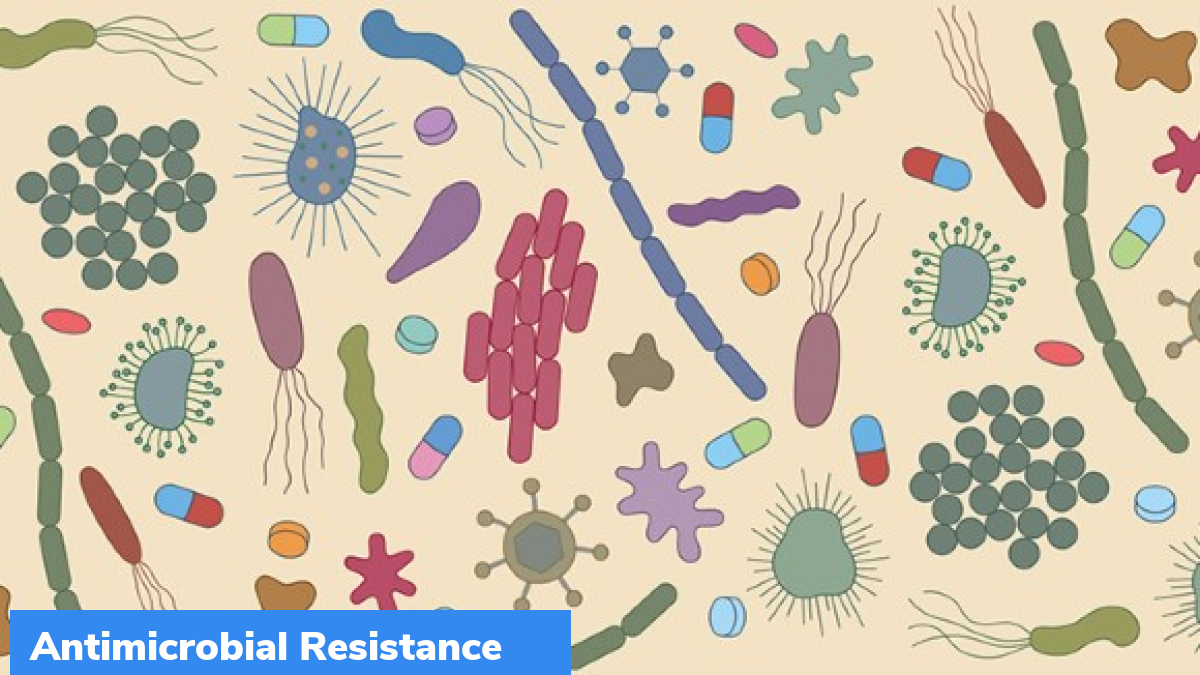Discovery of Bacteria Resistant to Colistin
Researchers in Los Angeles have made a concerning discovery: bacteria that is highly resistant to colistin, which is considered the “last resort” antibiotic. The bacteria was found in the wastewaters of two of Los Angeles’ largest treatment plants, the Joint Water Pollution Control Plant in Carson and the Hyperion Water Reclamation Plant in Playa del Rey. These treatment plants were being surveilled to monitor untreated waters, a practice that began following the Covid pandemic.
Potential Danger of Antibiotic Resistance
The discovery of highly resistant bacteria is alarming because of the potential for the resistance to spread widely across different bacterial populations. This is especially concerning given that antibiotic resistance is the major threat to global health according to the World Health Organisation. Misuse of antibiotics in humans and animals is the primary trigger for the process of antibiotic resistance, and infections like pneumonia, tuberculosis, gonorrhea, and salmonellosis are becoming increasingly difficult to treat due to antibiotic resistance.
Testing Findings
The testing found antibiotic resistance genes on two novel small plasmids. Plasmids are circular pieces of DNA that can be shared among different types of unrelated bacteria. The fact that these antibiotic resistance genes were found on small plasmids is especially concerning because they can spread more easily between bacteria, making it more likely that the resistance will continue to spread.
Colistin Discovery and Documentation
Colistin was originally discovered in 2015 in China. Since then, it has been documented on every continent except Antarctica. This highly effective antibiotic has been used as a last resort option for many infections, but the emergence of highly resistant bacteria makes it increasingly difficult to treat infections.
Potential Consequences
Antibiotic-resistant infections can be very difficult to treat, making it more likely that patients will need to stay in the hospital for extended periods of time. This can increase healthcare costs and make it more difficult for people to recover from infections.
Month: Current Affairs – April, 2023


